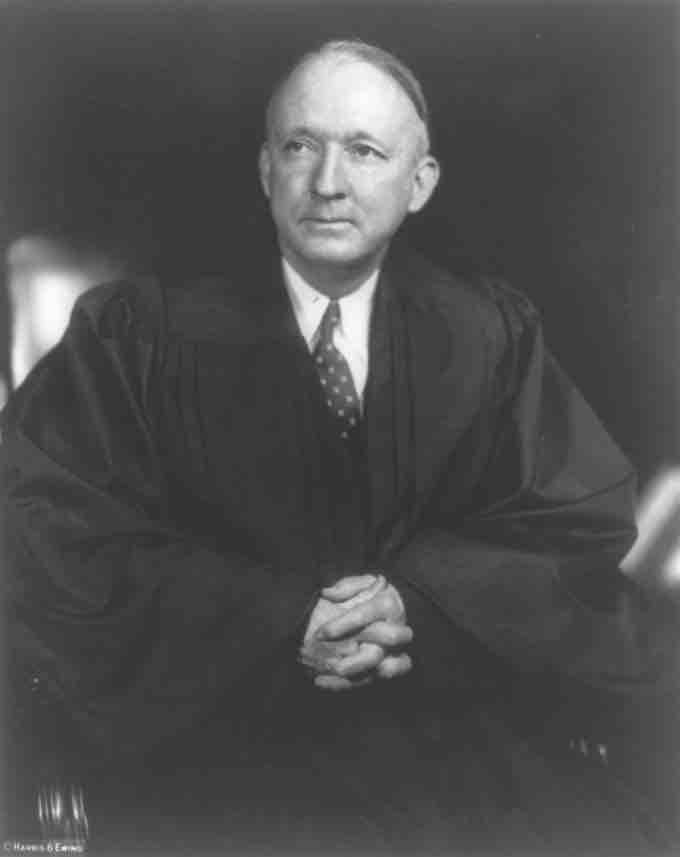Incorporating the Bill of Rights
The incorporation of the Bill of Rights (also called the incorporation doctrine) is the process by which American courts have applied portions of the United States' Bill of Rights to the states. According to the doctrine of incorporation, the Due Process Clause of the Fourteenth Amendment applies the Bill of Rights to the states.
Prior to the ratification of the Fourteenth Amendment and the development of the incorporation doctrine, the Supreme Court held in Barron v. Baltimore (1833) that the Bill of Rights applied only to the federal government, not to any state governments. However, beginning in the 1920s, a series of United States Supreme Court decisions interpreted the Fourteenth Amendment to "incorporate" most portions of the Bill of Rights, making these portions, for the first time, enforceable against the state governments.
14th Amendment of the United States Constitution
The Fourteenth Amendment, depicted here, allowed for the incorporation of the First Amendment against the states.
Nationalization Versus Selective Incorporation
After the Fourteenth Amendment was passed, the Supreme Court debated how to incorporate the Bill of Rights into state legislation. Some argued that the Bill of Rights should be fully incorporated. This is referred to as "total" incorporation, or the "nationalization" of the Bill of Rights. On the other hand, some believed that incorporation should be selective, in that only the rights deemed fundamental (like the rights protected under the First Amendment) should be applied to the states, and it should be a gradual process. The Supreme Court eventually pursued selective incorporation.
Hugo Black: A Champion for Nationalization
Even though the Supreme Court decided on selective incorporation, there were some who advocated for a total incorporation or nationalization of the Bill of Rights. Justice Hugo Black championed this view. Black called for the nationalization of the first eight amendments of the Bill of Rights (Amendments 9 and 10 being patently connected to the powers of the federal government alone), and his most famous expression of this belief is found in his dissenting opinion in the Supreme Court case, Adamson v. California (1947).

Justice Hugo Black
Supreme Court Justice Hugo Black is noted for the complete nationalization of the Bill of Rights.